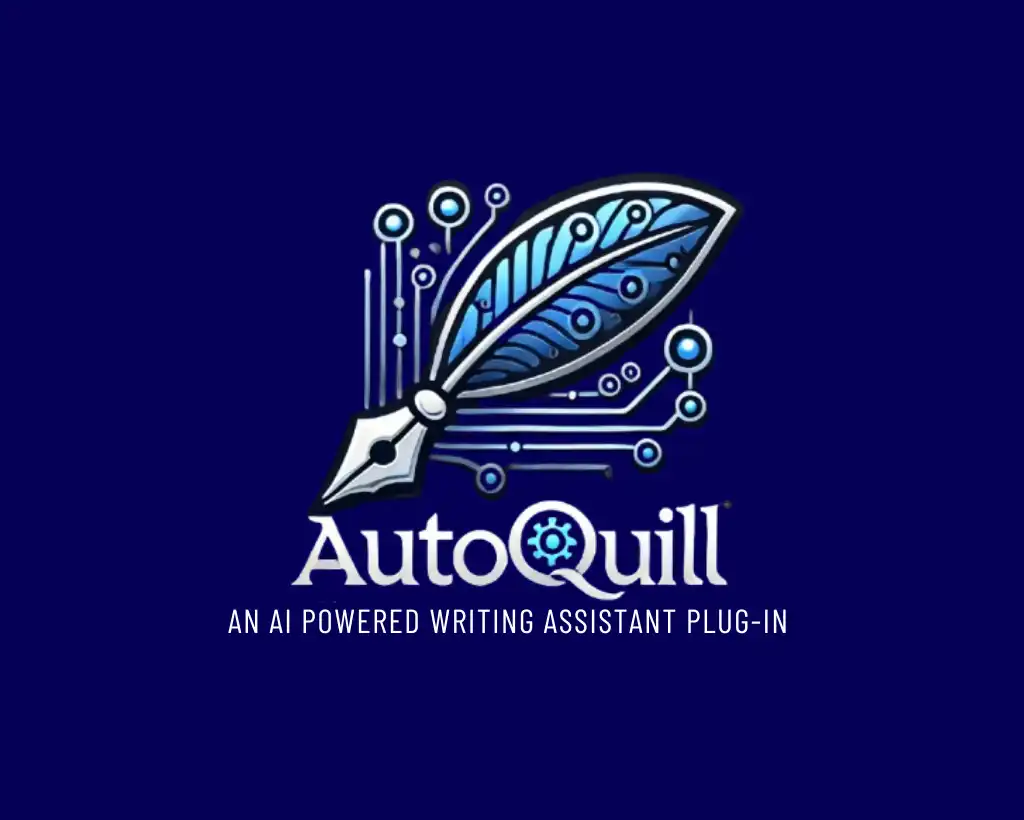
- What is CDN?
- CDN Architecture: A Technical Overview
- What are the Functions of CDN?
- CDN Usage Areas
- How to Measure CDN Performance?
- PlusClouds Services: Reliable Infrastructure in Cloud Technologies
- What is a CDN? How Does Using a CDN Affect SEO?
- CDN Security: Layer of Protection
- What is a CDN? Can dynamic content be managed with a CDN?
- Frequently Asked Questions (FAQ)
- Conclusion





